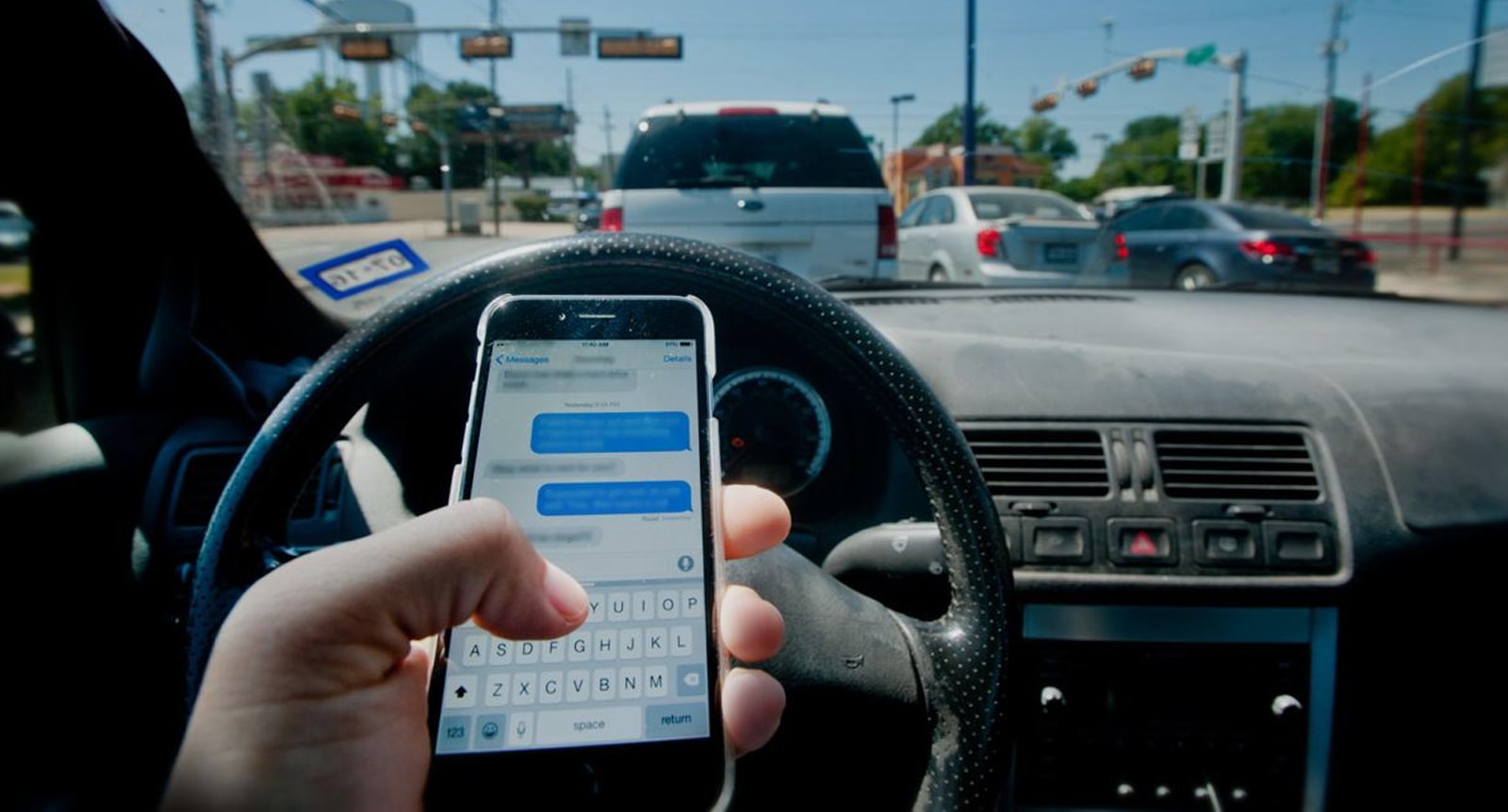New Florida Texting and Driving Law
On July 1, 2019, the new Florida texting and driving law went into effect making the act a primary traffic offense in Florida. Governor Ron DeSantis signed House Bill 107 into law on May 17, following an overwhelming 108-7 vote in the Florida House. This makes Florida the 45th state to classify texting and driving as a primary traffic offense. With the law already in effect, what are its implications, penalties, and enforceability?
Implications of the New Florida Texting and Driving Law
Prior to the signing of HB 107, texting and driving was a secondary traffic offense. This meant that police officers could not charge someone for texting while driving unless they had committed another (primary) traffic violation. Consequent to the new law, police officers can stop you for inspection if there is any suspicion of text driving. Additionally, it clarified the definition of handheld devices and hands-free zones. So, what are the parameters of the Florida texting and driving law? Below is a list of what you can, and cannot do regarding using your mobile device while driving:
Texting while the vehicle is stationary is not a traffic offense.
Hands-free zones: Work zones and school zones are defined as hands-free zones. This means that any use of handheld devices is illegal – you cannot pick up your mobile phone unless it’s an emergency.
Texting includes any form of typing on a handheld device. The use of social media (scrolling, posting, etc.), playing games, emailing, and messaging might leave you liable to a fine.
GPS navigation and Bluetooth devices are allowed. However, it is advisable to mount the navigation system rather than holding it.
Although texting is illegal, the law does not prevent you from receiving a text, selecting a song from your playlist, or picking a phone call – except in school and work zones.
Situations when the vehicle is temporarily stationary: Although it is illegal to text while in traffic or a stop sign, texting at a red light is technically allowed (unless you are in a hands-free zone).
Emergency situations – The new Florida texting and driving law exempts emergency personnel from prosecution. This including firefighters, law enforcement officers, ambulances, people reporting criminal/emergency activity to the authorities, and those receiving safety-related information (weather alerts, traffic emergencies, operation of the vehicle, etc.)
Penalties for Violation
What happens if you are pulled over for suspicion of texting and driving? The penalties for violation of the Florida texting and driving law do not change in any way. First offenders are still liable to a fine of $30 (plus court fees) for a noncriminal traffic infraction. A second violation of the Florida texting and driving law attracts a base fine of $60 (plus court costs), and 3 points on your driver’s license. Please note that drivers who text and drive in a school or construction zone are liable to points even if they are first offenders.
Timeline for Enforcement
The new Florida law texting and driving law officially went into effect on July 1, 2019. The provision for hands-free zones (work and school zones) takes effect three months later on October 1, 2019. However, drivers caught violating this part of the law will only receive a warning as part of the educational period. Law enforcement officers are authorized to issue tickets to any driver caught handling their mobile devices in a hands-free zone as from January 1, 2020.
Enforceability of the New Law
Sure, the new Florida texting and driving law is clear on paper, but is it enforceable in a real-world situation? To help understand the effectiveness of the new law, consider the following provisions and scenarios:
Law enforcement officers have to inform suspected violators that they are not obligated to surrender their mobile devices – unless they are issued with a court warrant. This provision prevents police officers from using the law as an excuse to go through a driver’s device.
Police officers are required to record the ethnicity and race of ticketed drivers, and send the data to state officials. This is meant to ensure equality in the enforcement of the law.
It is difficult for a police officer to spot a driver who is texting while in motion. Not to mention the challenge of distinguishing between a driver who is texting from one who is interacting with a navigation app.
If you or a loved one has been involved in an accident, contact the I-4 Crash attorney, Avita Samaroo. Be sure to look for an attorney who is licensed and in good standing. Look for an experienced and professional lawyer who will discuss realistic resolutions with you. Avita Samaroo has the experience to help you get the compensation you deserve. Avita Samaroo and the Samaroo Law support team of trained professionals are there to make sure that justice is served. What should you do, call Samaroo Law now at 407-250-1200, we are experts in interpreting the Florida texting and driving law.
Want some more information on the law? Click here.






